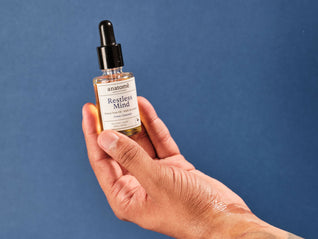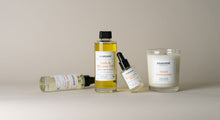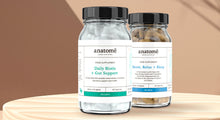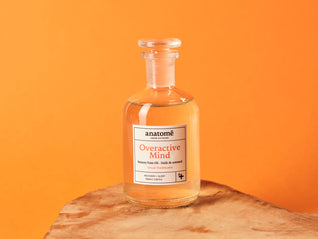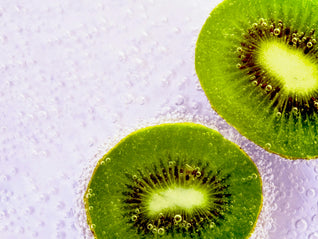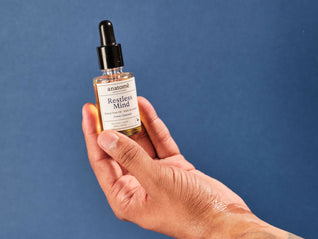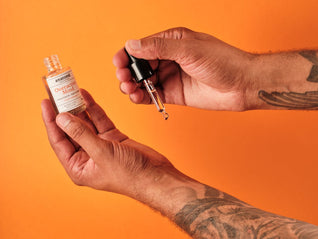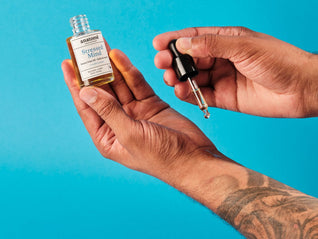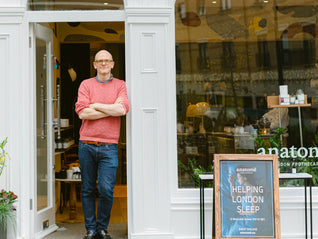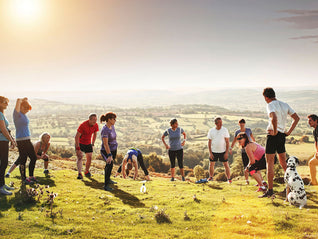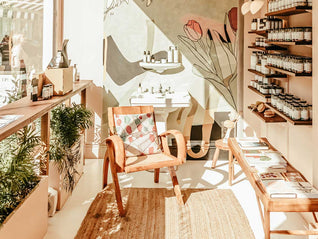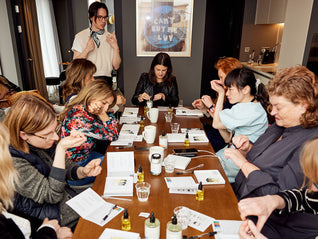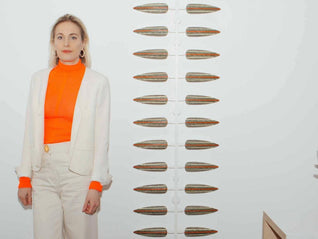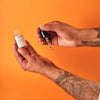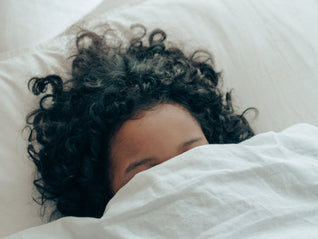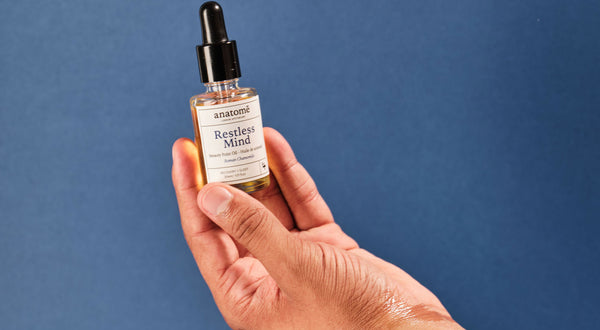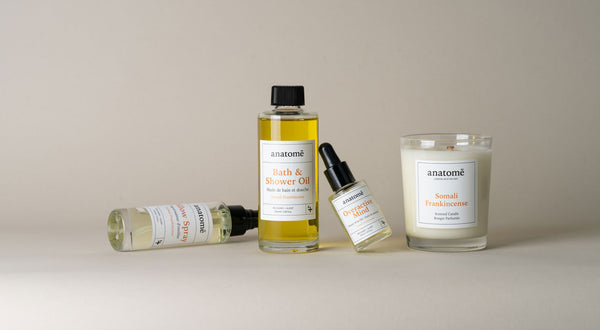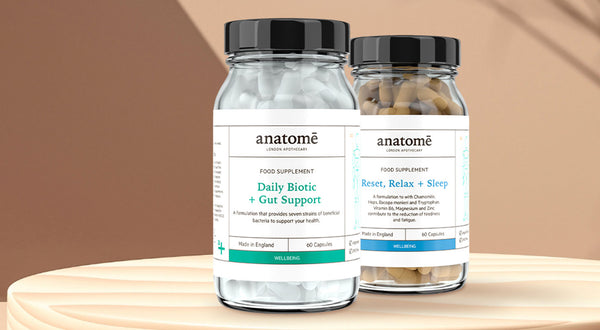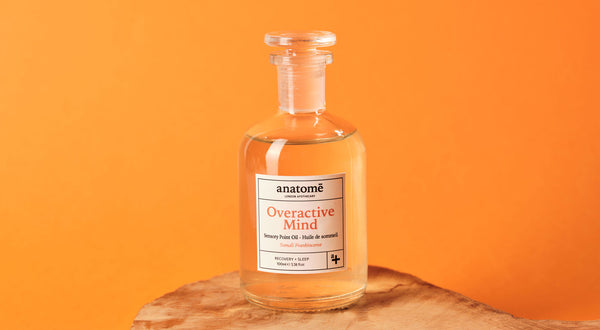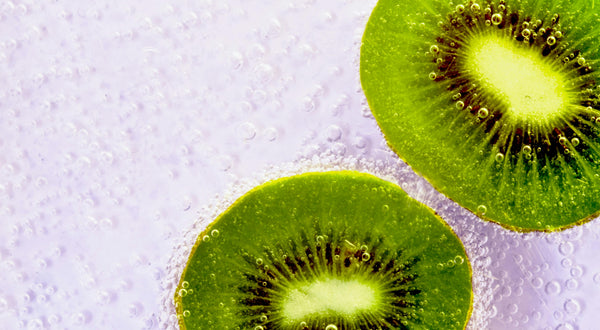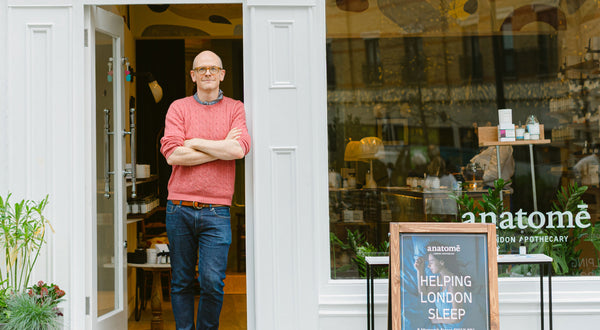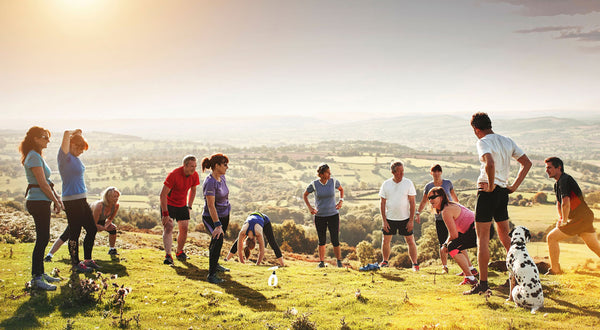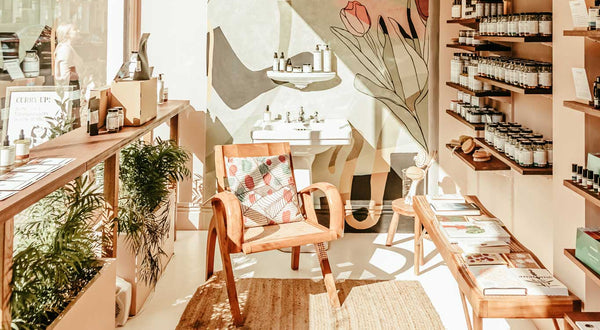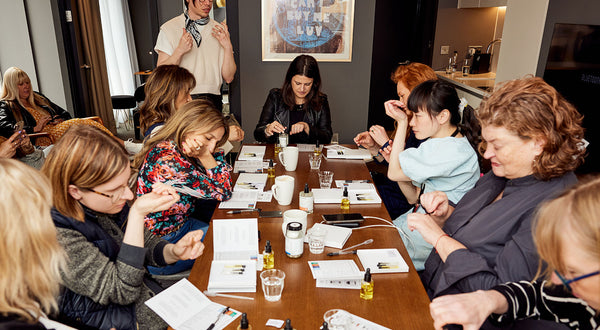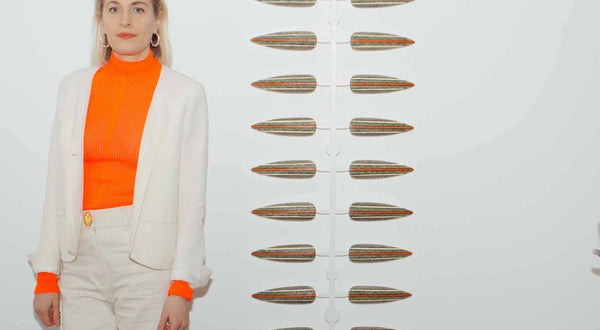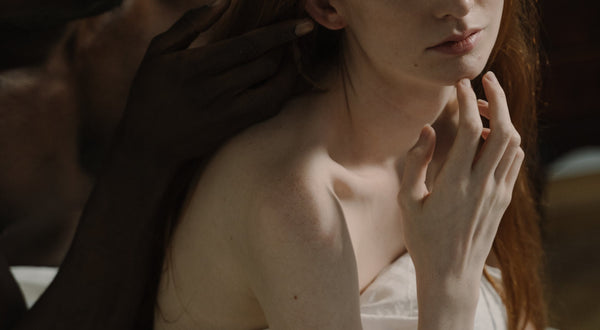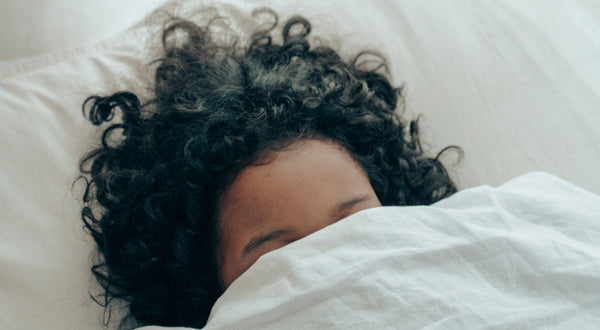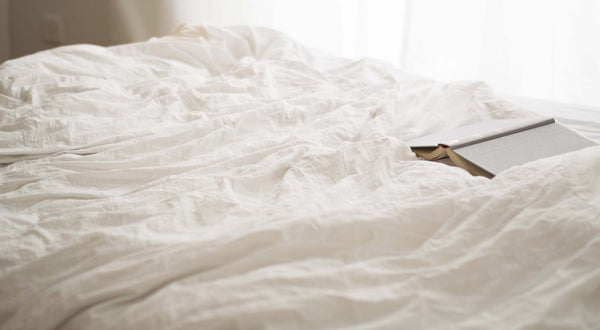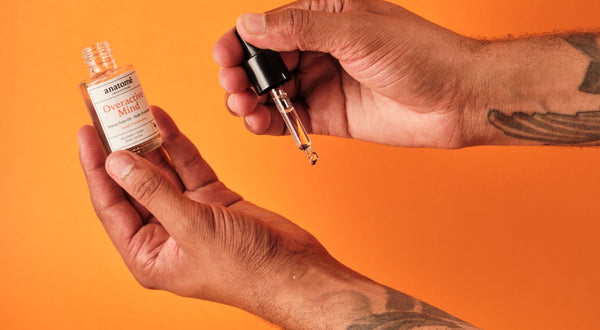As we head into the holidays, many of us might be expecting indulgent celebrations that inevitably deliver a heavy head the next morning. If you’re looking for a way to toast with flair and wake up bright-eyed, consider Wild Idol’s premium, naturally non-alcoholic sparkling beverages.
We got the chance to speak with Paul Beavis, CEO of Wild Idol, on his journey from decades in the champagne industry to running a startup and trailblazing an entirely new drinks category. He shares his essential touchstones for mental health and gives refreshing insight on what true success means to him.

K: I wanted to talk about your approach at Wild Idol— I’m fascinated by the care you put into the process and the selection of ingredients, and your dedication to creating something high-end that’s naturally non-alcoholic.
P: In this field, the logic was fundamentally that you make it with alcohol and then take it out. It's strange— it was like, ‘Yes, we really believe in alcohol-free, but just to be clear, we're gonna make it with alcohol first, and then we'll use this chemical process to reduce it, and then we’re going to sell it as this amazingly healthy product.’
And in my head, I'm like— Look, you can't do that. You know, if you’re building a brand, you have to have authenticity running through the story. I did not believe in de-alcoholising at all, I just thought, what’s the point?
Nobody, to my knowledge, has made it the way we're making it: from a vineyard to a winery, but mitigating the fermentation process. It has been challenging to do.
We were launching a product, that we hoped to become a brand, into a category that doesn’t exist. Name all things you should not do when trying to build a brand, and that’s what we did (laughs).
The only thing I would say is that the benchmark has been very low. Not to knock them, but the issue with other products is that they were at de-alcoholised price points. Basically, it's cheap to do and easy to do. But we really wanted to have something that would be incredible quality. I spent a long time working in champagne, so I bring that view to it.

K: Can you tell me about that transition, from working within the safety of an established international brand, to striking out on your own and making something entirely new?
P: Oh gosh. I spent decades in the alcohol industry. I worked for a brand that had 100 people in 48 countries and the toughest decision was where I'm going for lunch. And then you jump in and create something brand new, and alcohol-free, and you're in real startup mode.
Nobody ever teaches you what it's like in a startup. You feel every bump in the road.
The honest answer is— most of us go through something that we're not expecting. We all go through a transition in our lives. And I went through one when I was about 47. And when your world gets turned upside down, and all the things that you thought were normal go out the window, you start questioning things; what is life all about?
I ended up effectively changing my personal situation, my job and where I live all in the space of three months. I think it probably helped, weirdly, even if it didn't feel like it was helping at the time (laughs). I started to value the things which I probably took for granted.
I looked at my industry I had been in for 30 odd years. And I thought, where is there space to create something that nobody's ever done?
I decided that if I'm going to give pretty much 70% or 80% of my day to something, I really want to know that I'm doing something that I fundamentally believe in.

Did that come with tons of confidence? Absolutely not. No, there was massive fear, huge fear. Huge insecurities. Would it work? How would it go? Would we keep funding it? But I also realised that, even at my age now, I have a huge amount of energy which I just wasn't prepared to waste.
The definition of success and failure is not what most people think. You know, it's not selling a company for squillions, and conversely, it's not crashing and never working again. I think it's about creating value. Genuine value, and doing it for a greater good.

K: Do you have any self-care practices that helped you get through that challenging time, and that keep you going as you continue to build this brand?
P: I do really prioritise self-care. I read a lot. I meditate. I have my three touchstones that I must do every day. One is meditation, two: physical exercise, and three: journaling.
For me, those touchstones are essential— they keep me grounded, authentic, vulnerable, confident, but not arrogant. And grateful.
And hey, look, I'm human like all of us. There are some days which are worse than others. But I think that if I can practise those things, for me, it really helps.
I do think that mental stresses are so inherent in our culture and our society because we are constantly trying to prove ourselves. Whether or not you believe in what's out there in the universe, I do think you have to have something you believe in. And whether that’s a faith or a religion or a person, whatever that is for you, if it's something that gives you an anchor— I think it's essential.
Discover Wild Idol's selection at www.wildidol.com, and follow their story on socials at @wildidol.official.
